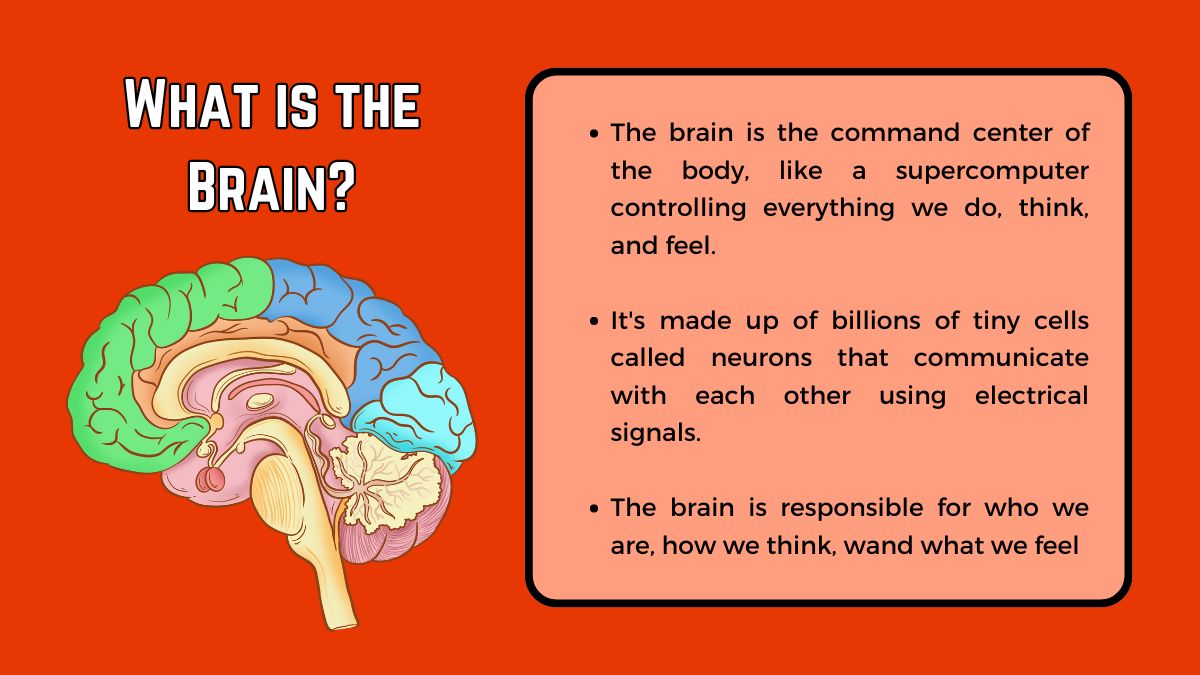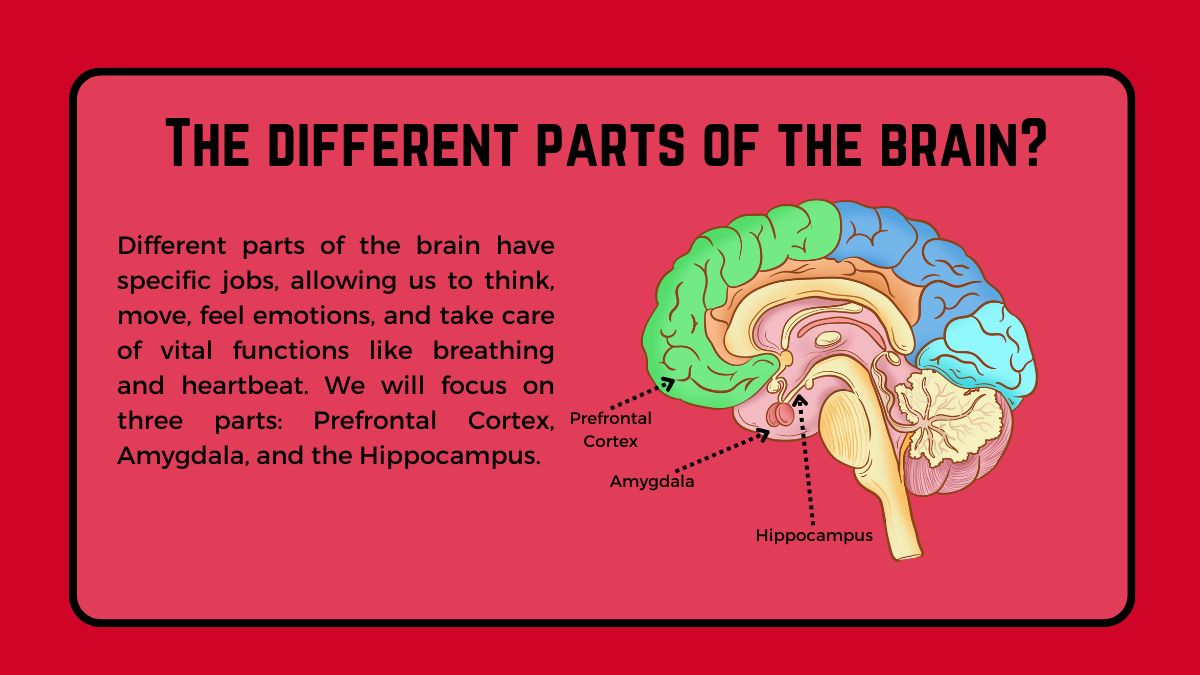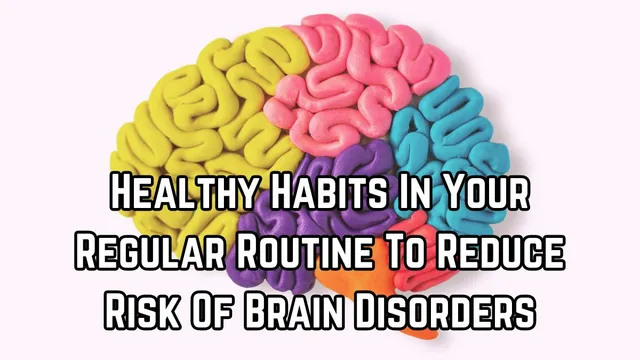- By Priyanka Munshi
- Tue, 23 Jul 2024 05:17 PM (IST)
- Source:JND
Do you know that sustaining good cognitive function throughout life and lowering the risk of brain problems require incorporating healthy habits into your daily routine? A diet rich in antioxidants, good fats, vitamins, and minerals promotes brain health by lowering the risk of neurodegenerative illnesses, including Parkinson's and Alzheimer's.
Regular physical activity, such as jogging, yoga, or walking, increases blood flow to the brain, fosters the development of new neurons, and improves brain function overall. Another important component is getting enough sleep, which is necessary for the brain to rebuild and solidify memories. Chronic sleep deprivation has been linked to cognitive decline and a higher chance of dementia.

A diet rich in antioxidants, fats, vitamins, and minerals can reduce neurodegenerative illnesses. (Image Credit: Canva)
Reading, solving puzzles, picking up new skills, and other forms of mental stimulation keep the brain active and can contribute to the development of cognitive reserve, which guards against age-related cognitive loss. Maintaining strong social ties can promote mental health, lower stress levels, and increase brain function; therefore, social interactions are also important. Chronic stress can harm brain cells and decrease memory, so it's critical to manage stress through mindfulness exercises, meditation, and relaxation methods. Also, by incorporating these healthy behaviors into your daily routine, you can significantly lower your risk of developing brain problems and improve your long-term cognitive health, ensuring a longer, happier, and healthier life.
In a conversation with Jagran English, Dr. Shivaram Rao K, a consultant neuro physician at Yashoda Hospitals in Hyderabad, discussed the healthy habits that you should adopt to avoid brain disorders.
Regular Physical Exercise:
Engaging in regular physical activity, such as walking, jogging, or cycling, can significantly boost brain health. Exercise increases blood flow to the brain, promotes the growth of new neurons, and improves cognitive function. Aim for at least 150 minutes of moderate-intensity exercise per week.
Balanced Diet:
Eating a balanced diet rich in fruits, vegetables, whole grains, lean proteins, and healthy fats is crucial for brain health. Omega-3 fatty acids, found in fish like salmon and in nuts and seeds, are particularly beneficial for brain function. Antioxidant-rich foods, such as berries, help combat oxidative stress and inflammation, which are linked to brain disorders.

Sleep is crucial for memory consolidation. Mental stimulation like reading and puzzle solving helps develop cognitive reserve.(Image Credit: Canva)
Mental Stimulation:
Keeping the brain active through mental exercises can help prevent cognitive decline. Activities such as reading, solving puzzles, playing musical instruments, or learning a new language stimulate neural connections and enhance brain plasticity.
Quality Sleep:
Adequate sleep is essential for brain health. During sleep, the brain consolidates memories and clears out toxins. Aim for 7-9 hours of quality sleep per night to support cognitive function and emotional well-being. Establishing a regular sleep routine and creating a restful environment can improve sleep quality.
Also Read: Avoid Doing These 5 Things While Wearing Contact Lenses To Prevent Eye Injuries
Stress Management:
Chronic stress can negatively impact brain health, leading to conditions such as anxiety and depression. Practicing stress management techniques like mindfulness meditation, deep breathing exercises, and yoga can help reduce stress levels and protect brain health.
Social Engagement:
Maintaining social connections and engaging in meaningful relationships can protect against cognitive decline and improve mental health. Social interactions stimulate the brain, boost mood, and provide emotional support, all of which contribute to a healthier brain.

Regular physical activity boosts brain function and promotes neuron development. (Image Credit: Canva)
Avoiding Harmful Substances:
Limiting the intake of alcohol and avoiding smoking and recreational drugs can prevent brain damage and lower the risk of brain disorders. These substances can impair cognitive function, lead to addiction, and increase the risk of conditions such as stroke and dementia.
At last Dr. Shivaram said by incorporating these seven habits into your daily routine, you can help maintain and enhance brain health, reducing the risk of developing brain disorders.

